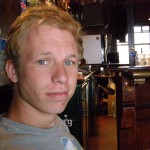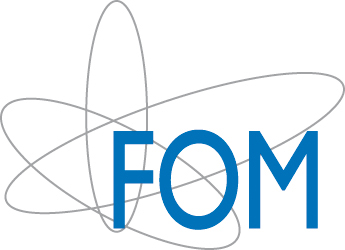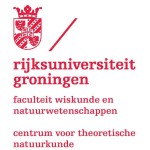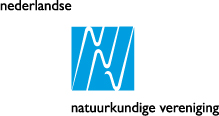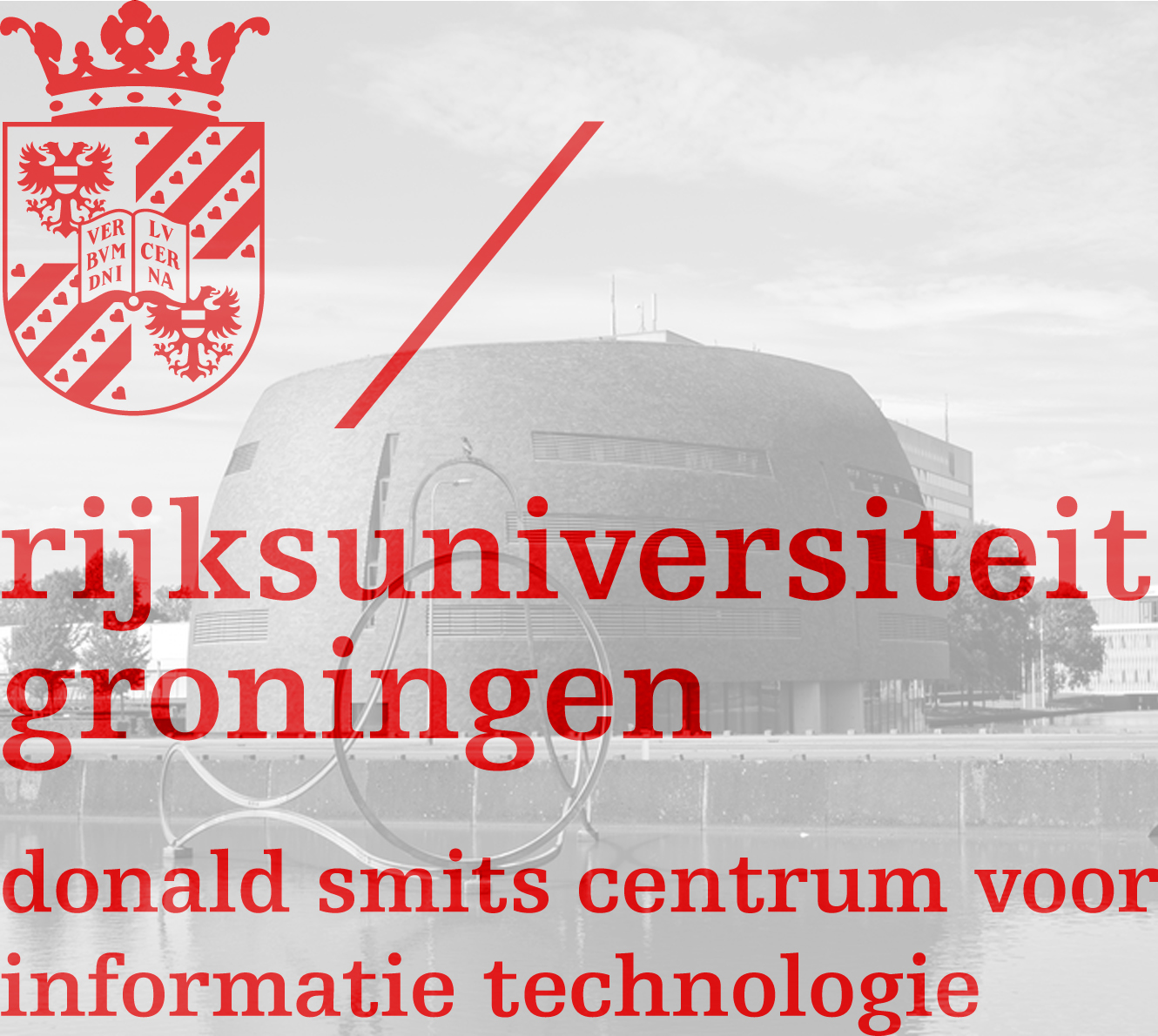A Central Network for a Global Organisation
Mediq is an international company providing pharmaceuticals, medical devices and related care services. The head office of Mediq is located in Utrecht, the Netherlands. Especially throughout the Netherlands but also globally Mediq owns a lot of distribution centres and pharmacies to provide patients with prescription pharmaceuticals and healthcare products. Also customers like hospitals and healthcare professionals are supplied by Mediq. These customers are contracted in the term ‘business unit’.
To communicate with all these business units Mediq has a global network of data lines with its business units called the Wide Area Network (WAN). The new strategy of Mediq is to connect all locations to the global WAN to improve the efficiency of exchanging information between locations and lower any cost. A central network results in less breakdowns and less manpower to solve these. To realize the central network, Mediq needs specific data regarding the data connection with every business unit. Think of physical address, IP-adres, bandwidth etc. On behalf of Gwan Kho, IT-manager in Utrecht, my job was to set up an inventory of WAN-related data of every business unit which can be used by Mediq for setting up the WAN.
The data I collected were from different kinds of sources. A part of the data I could extract directly from the contract database of Mediq. Also I met up with different employees within Mediq to check their administration for data. For the data not available in-house I contacted various business units throughout the globe and fill up the inventory piece by piece. To have good contact with the IT-managers of all global business units was essential. My working activities were either at the office in Utrecht or from home by e-mail or Skype.
The most important experience I gained with performing this case was being part of a big global organization. Walking around as an intern with the goal to lay contacts and extract information from a lot of people was sometimes quite hard. This lead to developing useful skills in communicating in a big global organization.
Oscar Heslinga

